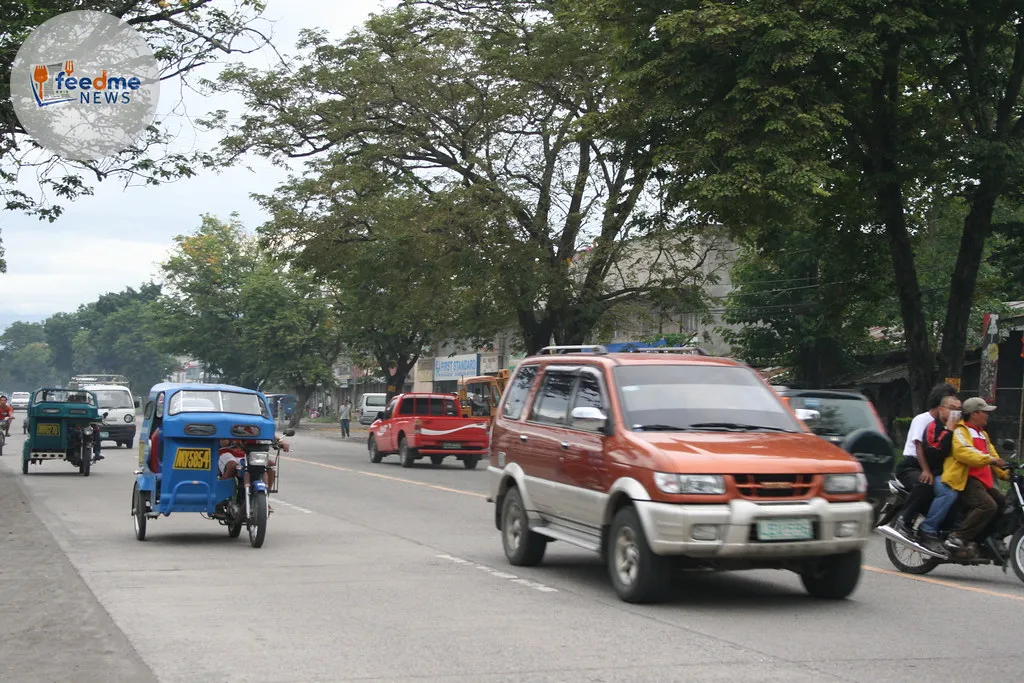South Korea’s workforce is facing a critical juncture as the nation’s “peak wage” system comes under intense scrutiny. This policy, which systematically reduces the salaries of older employees, is being criticised for pushing elderly workers into financial hardship. G Young Soo, an insurance worker who dedicated over three decades to his company, is one such individual affected by this system. As he approaches retirement, Young Soo’s salary has been significantly reduced, despite maintaining the same workload and hours. This situation is raising questions about the equity and sustainability of wage policies for older workers in South Korea.
The “peak wage” system, which aims to encourage the employment of younger workers by reducing the salaries of those nearing retirement, is drawing criticism for its unintended consequences. While the intention is to extend the working life of older employees, the reality for many, like Young Soo, is a drastic reduction in income that leaves them financially vulnerable as they approach retirement.

Timing and Place: The Heart of the Issue
The debate surrounding the “peak wage” system is intensifying as South Korea considers raising its retirement age. This policy has been in place for several years, but its effects are becoming increasingly apparent as more workers reach the age where wage reductions begin. The system’s impact is particularly pronounced in urban centres like Seoul, where the cost of living continues to rise, putting additional pressure on older workers who find their incomes shrinking.
The timing of this debate is critical. South Korea is grappling with an ageing population and a shrinking workforce, creating a pressing need to balance the needs of both older and younger workers. The government is considering raising the retirement age as a solution, but experts argue that without addressing the wage system, this move could exacerbate financial insecurity for elderly workers.
The Mechanics of the “Peak Wage” System
The “peak wage” system operates by reducing the salaries of employees once they reach a certain age, typically around 55. For Young Soo, this meant a 20% cut at age 56, followed by an additional 10% reduction each year. By the time he retires, he will be earning just over half of his previous salary, despite his experience and continued dedication to his role.
Critics argue that this system fails to recognise the value that experienced workers bring to their companies. Instead of rewarding loyalty and expertise, the policy effectively penalises employees for getting older. This has led to calls for a more equitable approach that balances the needs of both older and younger workers.
Expert Insights: A Call for Policy Reform
Experts are increasingly vocal about the need for reform. Dr Kim Eun-ji, a labour economist at Seoul National University, argues that the “peak wage” system is outdated and harmful. “We need to rethink how we value experience and longevity in the workplace,” she says. “Older workers should not be seen as a burden, but as a valuable resource.”
Proponents of reform suggest a shift towards performance-based pay systems, which would allow older workers to continue earning competitive salaries based on their contributions, rather than their age. Such changes could help alleviate the financial pressures faced by elderly workers and ensure that they can retire with dignity.
The Broader Implications for South Korea’s Economy
The issues surrounding the “peak wage” system extend beyond individual workers. South Korea’s economy is at risk if the financial insecurity of older workers is not addressed. An ageing population with inadequate financial support could lead to increased demand for social services and a strain on public resources.
Moreover, the current system may deter younger workers from entering certain industries, fearing the eventual wage cuts they will face as they age. This could exacerbate the country’s labour shortages and hinder economic growth.
Moving Forward: Balancing the Needs of All Generations
As South Korea grapples with these challenges, the need for comprehensive policy reform is clear. The government must consider the long-term implications of its wage policies and find a balance that supports both older and younger workers. Raising the retirement age alone will not solve the underlying issues if the financial security of elderly workers is not addressed.
For workers like G Young Soo, the hope is that the government will take meaningful action to ensure that all employees, regardless of age, can work with dignity and security. The “peak wage” system, while well-intentioned, requires a reassessment to meet the needs of a changing workforce and economy.
In the coming months, policymakers will need to engage with experts, employers, and workers to develop solutions that promote fairness and sustainability. The future of South Korea’s workforce depends on the ability to adapt and innovate, ensuring that all generations can thrive in a rapidly changing world.






